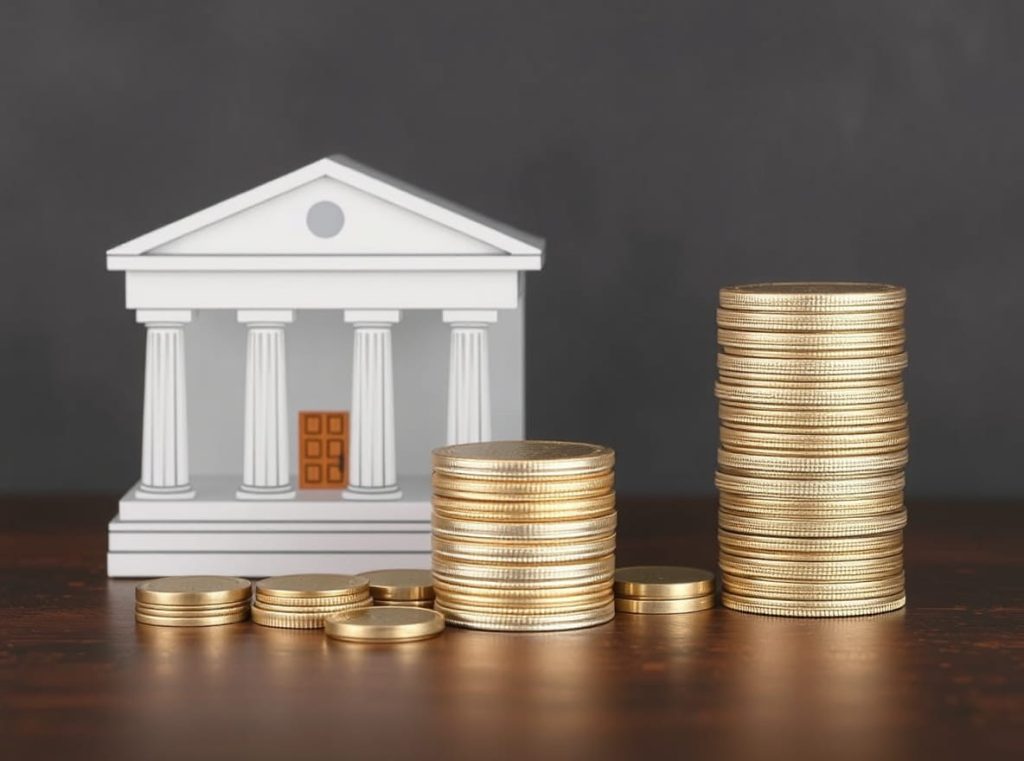
Bank accounts are the backbone of our financial world, allowing us to save, invest, and make payments. Yet, when it comes to choosing the right one, things get complicated. Should you open a savings account? A checking account? Or is it better to put your money into a high-interest savings account? For many people in the Philippines, understanding these options and making the right choice can be life-changing. Let’s break down the types of bank accounts explained in a way that makes choosing simple, practical, and ultimately rewarding.
1. Savings Accounts – Your Basic Start
The humble savings account is where most people start, and for a good reason. It’s easy to open, has minimal requirements, and is designed to encourage you to save. In the Philippines, you’ll find many banks offering savings accounts with relatively low initial deposits, often as low as PHP 500 or PHP 1,000. Interest rates for savings accounts tend to be modest, but they’re consistent. This type of account is perfect for someone looking to start building a savings habit without the need for frequent withdrawals.
Why Open a Savings Account?
- Security and Liquidity: Your money is safe and easily accessible.
- Encouragement to Save: Seeing your money grow, even if slowly, is motivation in itself.
- Minimal Requirements: The low minimum balance requirement makes it accessible to all.
A savings account is ideal for students, young professionals, or anyone who is just starting their financial journey.
2. Checking Accounts – Manage Your Cash Flow
If savings accounts are for security, checking accounts are for flexibility. Checking accounts allow you to make frequent transactions, such as paying bills, making purchases, or transferring funds, without the typical withdrawal limits of a savings account. In the Philippines, they’re commonly used by entrepreneurs and professionals who need to manage their cash flow effectively.
When Should You Consider a Checking Account?
- For Day-to-Day Transactions: Ideal for people who frequently write checks or make transfers.
- No Withdrawal Limits: You won’t face the restrictions you’d encounter with a savings account.
- Cash Flow Management: A must for business owners or those who need to separate personal and business finances.
Checking accounts often require a higher minimum balance than savings accounts, and it’s crucial to maintain it to avoid penalties.
3. High-Interest Savings Accounts – Grow Your Wealth Faster
Want your savings to work harder for you? High-interest savings accounts, offered by certain banks in the Philippines, provide better interest rates than regular savings accounts. They’re often online-only accounts, which means fewer fees and higher returns.
Why Choose a High-Interest Savings Account?
- Higher Returns: Your money grows faster, thanks to better interest rates.
- Ideal for Emergency Funds: You earn more while keeping your funds accessible.
- Perfect for Long-Term Savings: Use this account if you’re saving for something specific, like a car or a down payment on a house.
The higher interest rates often come with a higher minimum balance requirement. But if you’re disciplined with your savings, this account can help you reach your financial goals quicker.
4. Time Deposit Accounts – Invest in Your Future
A time deposit account is a type of bank account that “locks” your money for a specific period, usually from a few months to several years. During this period, you earn a fixed interest rate, typically higher than what a standard savings account offers. While you can’t touch the money until the term ends, the higher return can be worth the commitment.
When to Choose a Time Deposit Account?
- Long-Term Financial Goals: Perfect for big goals or long-term planning.
- Higher Interest Rates: Earn more without the risks of stock market investing.
- Disciplined Saving: You won’t be tempted to withdraw, as your funds are “locked in.”
This account is best for disciplined savers with a clear financial goal in mind. Be sure to choose a term that aligns with your needs, as early withdrawal often incurs penalties.
5. Dollar Accounts – Protect Yourself Against Currency Fluctuations
In the Philippines, where the peso can fluctuate against stronger currencies, a dollar savings account can be a smart way to protect your savings. These accounts allow you to hold funds in U.S. dollars, which can be particularly useful for Overseas Filipino Workers (OFWs) who receive income in dollars.
Benefits of a Dollar Account:
- Currency Stability: Ideal for those dealing with dollar transactions.
- Great for OFWs: Easier and cheaper than frequent currency conversions.
- Portfolio Diversification: Adds a layer of protection in times of inflation.
A dollar account is a good option if you travel frequently, invest internationally, or receive regular income in dollars.
Savings vs. Checking Accounts: What’s the Difference?
While both savings and checking accounts allow you to hold funds securely, they serve distinct purposes. Here’s a quick comparison to clarify:
- Purpose: Savings accounts are for building your funds, while checking accounts are for managing day-to-day cash flow.
- Withdrawal Limitations: Savings accounts typically limit monthly withdrawals, while checking accounts offer more flexibility.
- Interest: Savings accounts usually offer some interest, while checking accounts rarely do.
- Fees and Requirements: Checking accounts may come with higher minimum balance requirements and sometimes fees for transactions or maintenance.
When deciding between savings vs. checking accounts, consider your spending habits, financial goals, and need for access to your funds.
These Might Interest You:
- How Does Interest Rate Affect the Country’s Economy?
- How to Open a Bank Account as a Teen
- Currency Converters Around the World: Tools, Tips, and Key Insights
- How to Keep Track of Monthly Payments as a Business Owner
- Savings Accounts for Teens in the Philippines
- Best Investments You Can Make in the Philippines
- Money Basics for Teens
